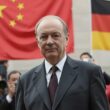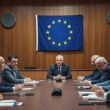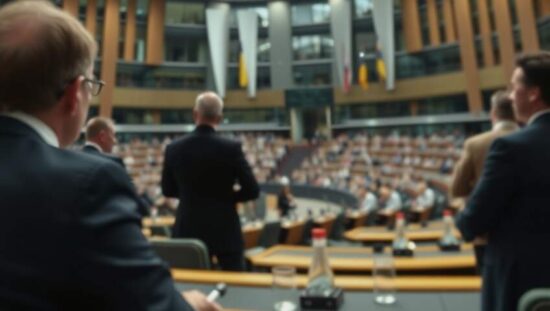Following the recent Alaska summit between US President Donald Trump and Russian President Vladimir Putin, a range of perspectives have emerged from German political observers.
Jürgen Hardt, foreign policy spokesperson for the CDU/CSU parliamentary group, defended European support for the meeting, stating that despite limited concrete agreements, the summit served a purpose in countering the narrative that insufficient effort is being expended to end the conflict in Ukraine. He emphasized that Putin left without securing any concessions and continues to face the threat of secondary sanctions.
However, Roderich Kiesewetter, also a CDU foreign policy expert, viewed the summit as a negative development, arguing that negotiations occurred “over our heads” and “rewarded” an aggressor state for its actions. He criticized the failure to implement previously announced measures, such as a ceasefire or increased sanctions against Russia and expressed concern about what he described as the undue legitimization of Putin by Trump, implying a disconnect between US policy and European interests and urging increased European investment in defense.
Lea Reisner, spokesperson for international relations for the Left party in the Bundestag, cautioned against allowing Ukraine to become a pawn in larger geopolitical deals. She highlighted the importance of engaging China to exert pressure on Russia, arguing that European diplomacy must actively involve Beijing. Reisner was critical of the perceived discrepancy in treatment between Ukrainian President Zelenskyy and Putin, alleging the summit prioritized power dynamics over genuine peace efforts and arguing that Trump demonstrated no interest in a resolution favorable to Ukraine.
Stefan Meister, a Russia expert and head of the Center for Eastern Europe, Russia and Central Asia at the German Council on Foreign Relations (DGAP), characterized the summit’s outcome as a “low point for US diplomacy”. He argued that Putin achieved his objective of gaining time for the conflict, while remaining free from sanction and that the meeting served to legitimize a “war criminal” on the world stage. Moreover, Meister stated Putin was afforded a platform to disseminate misinformation regarding the war and Ukraine, while acknowledging no progress toward a ceasefire.





